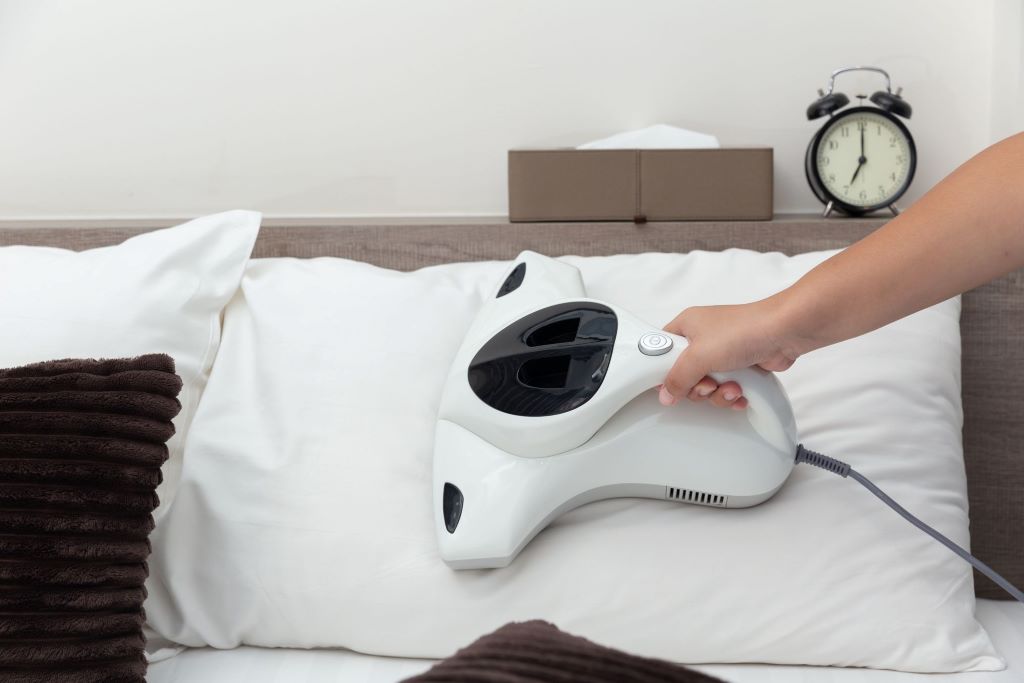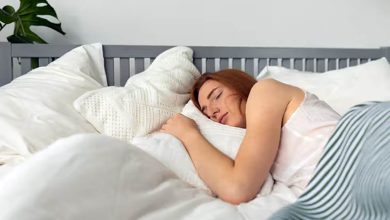How to Deodorize Your Pillow Without Washing It

Your pillow is one of the most overlooked items in your home when it comes to hygiene. While most people wash their pillowcases weekly, they often forget the pillow itself absorbs sweat, oil, skin flakes, and bacteria over time. This buildup leads to odors, allergens, and even mold growth. But what if you can’t wash your pillow frequently—or at all? Whether it’s due to the material, convenience, or time, here’s how to deodorize your pillow without washing it, using expert-approved strategies that truly work.
Why Pillows Smell—and Why You Can’t Ignore It
A study by SleepFoundation.org highlights that the average person spends about 26 years sleeping in their lifetime. That’s a third of your life with your face buried in a pillow. Over time, pillows become breeding grounds for bacteria, dust mites, and sweat residue. According to a study published in the journal Environmental Health Perspectives, indoor allergens like dust mites thrive in warm, humid environments—exactly what your pillow offers.
Ignoring pillow odors isn’t just unpleasant—it can impact your sleep quality and health. Odors often signal bacterial buildup, and that can trigger allergies, respiratory issues, or skin irritations. Therefore, regular deodorizing is essential even if you don’t wash the pillow.
-
Use Baking Soda as a Natural Odor Neutralizer
Baking soda is a natural deodorizer and antibacterial agent. It’s one of the most effective ways to eliminate pillow odors without washing. Sprinkle a generous amount of baking soda over the entire surface of your pillow. Let it sit for at least 30 minutes, or ideally an hour, to absorb moisture and odors. Then vacuum it using an upholstery attachment.
Why it works:
Baking soda’s alkaline properties neutralize acidic odor molecules. According to the National Center for Biotechnology Information, baking soda alters the pH balance, making it hostile for bacteria.
-
Try Sunlight and Fresh Air for Natural Refreshing
Sometimes, the best solutions come free. Sunlight has natural antibacterial and deodorizing properties. Placing your pillow outside in direct sunlight for 1–2 hours can help kill odor-causing microbes.
Bonus tip: Flip the pillow halfway through to ensure even exposure. If you don’t have outdoor access, place it near a sunny window with good air circulation.
A 2020 article by WebMD notes that UV rays are effective in breaking down bacteria and molds that contribute to bad smells.
-
Use Essential Oils for a Pleasant Scent Boost
After deodorizing, use essential oils like lavender, tea tree, or eucalyptus to leave a soothing scent. Mix 10–15 drops of your favorite essential oil with water in a spray bottle. Lightly spritz the pillow, but avoid soaking it.
Why it matters:
Tea tree oil, in particular, has antimicrobial properties backed by studies in Clinical Microbiology Reviews. Lavender promotes relaxation and helps improve sleep quality, making it a two-in-one solution.
However, always test on a small area first, as some oils can stain or irritate sensitive skin.
-
Freeze the Pillow to Kill Bacteria and Odors
It might sound extreme, but freezing your pillow overnight can eliminate bacteria, fungi, and dust mites that produce foul odors. Wrap the pillow in a plastic bag and place it in the freezer for 8–10 hours. Once out, air it for 30 minutes before use.
The logic:
Most bacteria and dust mites can’t survive freezing temperatures. This method is especially effective for memory foam and down pillows that aren’t machine washable.
-
Use Vodka or Rubbing Alcohol as a Disinfectant Mist
Mix equal parts of vodka or rubbing alcohol with water and lightly mist your pillow. These substances act as sanitizers and evaporate quickly, leaving your pillow dry and odor-free.
Why this works:
Alcohol breaks down odor-causing bacteria. It’s used in many commercial disinfectant sprays for this reason. Healthline confirms that rubbing alcohol is a proven antimicrobial agent suitable for fabric surfaces.
Caution: Avoid soaking and always test on delicate materials.
-
Activated Charcoal Bags Absorb Hidden Odors
Activated charcoal is a porous material that traps odor molecules. Place a couple of small charcoal bags under your pillow or near it when stored.
Why experts love it:
It’s chemical-free, reusable, and effective for months. A Consumer Reports feature highlighted its efficiency in removing stubborn home odors from fabrics and upholstery.
-
Use Fabric Refreshers with Odor-Eliminating Technology
Commercial fabric sprays like Febreze are specifically designed to neutralize fabric odors. Choose a product that lists cyclodextrin, an ingredient known to trap odor molecules.
Spray lightly and let the pillow air out for 10–15 minutes before using it.
Important:
Avoid using overly scented versions that mask odors without eliminating them. Look for fragrance-free or lightly scented products.
FAQs on How to Deodorize Your Pillow Without Washing It
- Can I use vinegar to deodorize my pillow?
Yes, but dilute it with water (1:3 ratio) to avoid strong smells. Spray lightly and air-dry thoroughly. - How often should I deodorize my pillow?
At least once a month. More often if you sweat a lot or suffer from allergies. - Are memory foam pillows safe to deodorize with baking soda?
Absolutely. Baking soda works well, but avoid spraying liquids on memory foam. - Can essential oils damage my pillow?
Not if diluted properly. Always patch test first and avoid over-saturating. - Will freezing my pillow damage it?
No, but avoid this method for gel-infused or electric pillows. - Are fabric sprays safe for sensitive skin?
Use hypoallergenic or dermatologist-tested options to avoid irritation. - Should I still wash my pillow eventually?
Yes, deodorizing is a short-term solution. Wash your pillow every 3–6 months if it’s washable.
Final Thought
Freshening your pillow doesn’t always require a full wash. From the natural power of sunlight and baking soda to advanced options like activated charcoal and alcohol sprays, these proven methods are quick, safe, and effective. Understanding how to deodorize your pillow without washing it not only extends your pillow’s life but also improves your sleep quality and overall health.
Whether you’re in a rush or dealing with a pillow that can’t go in the washer, these techniques offer practical, science-backed alternatives. Make deodorizing a habit, and you’ll sleep better knowing your pillow stays as fresh as it feels.
Read More:
How Do Silk Pillowcases Improve the Health of Your Skin and Hair?
How to Transform Your Bedroom into a Luxury Oasis with Pure Parima Duvet Covers?





